Hospitality Awards Rates 2023
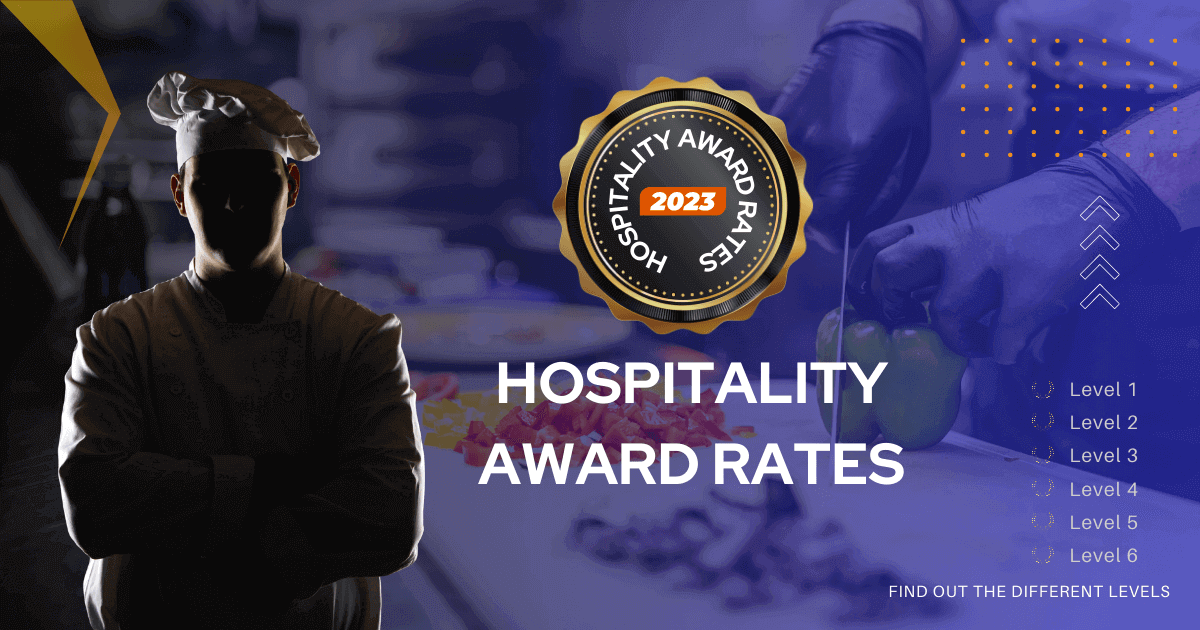
People working in Australia in the hospitality industry should know about Hospitality Awards Rates in Australia. It was changed substantially. Such awards were primarily increased on 1st July 2022; however, some sectors faced a delay like the hospitality industry and it was increased from 1st October 2022. Hence, take a look at Hospitality Awards and more below in detail!
What are Hospitality Awards Rates?
These awards refer to certain legal documents, which set employment conditions and minimum wage/pay rates in different industries; Australian workers get coverage/protection through them. Now, Hospitality Awards are set for professionals that work in the hospitality industry in this country.
The hospitality industry means residential or tourist accommodations such as motels, hotels, resorts, service apartments, caravan parks, etc. It also includes casinos, nightclubs, restaurants, wine bars, taverns, wine saloons, etc.
People who work in any of these types of establishments and if they fall under a particular category will be eligible for Hospitality Awards Rates in Australia.
Occupation covered under Hospitality Awards Rates
Numerous occupations fall under this Award system in this sector. Therefore, some of the people who are covered under this system include waiters & waitresses, gaming attendants, kitchen hands, cooks & chefs, and catering employees working in a catering organization.
Moreover, it includes certain other professions too, which comprises concierge staff, housekeepers, doorpersons, reception staff, clerks, front-office workers, leisure attendants, security personnel, maintenance staff, store persons, and more. It also involves people like pub owners, casino staff, managerial employees who aren’t part of senior management, etc.
In addition, this Award will cover businesses that hire laborers along with employees that are placed in the hospitality industry.
Working hours and breaks
Any employee that works 38 regular/ordinary hours every week on average over 4 weeks or more, is considered a full-time worker/employee of an organization. When working ordinary hours, it should satisfy a few particular conditions. These include:
- Minimum working hours is 6 and a maximum of 11.5 hours on any given day excluding breaks
- A maximum of 8 days is what an employee may work for 10 hours in a month/4-week time
- If any employee works 10 hours for consecutively 3 days, then he/she is entitled to a 48-hour break period after the last consecutive 10-hour work day
Breaks are classified depending on working time. If an individual work between 5-10 hours, then he/she is entitled to a 30-minute unpaid meal recess; however, if rostered to get a break after 5 hours of work, then another additional paid 20-minute meal break should be offered.
When people work for more than 10 hours, then an unpaid 30-minute meal break is entitled to the employee. If this break is taken after 5 working hours, then one additional paid 20-minute break is scheduled; also, there would be another 2 additional paid 20-minute breaks offered.
Also, Checkout: Cooking tricks you will learn during commercial cookery course
Hospitality Awards Rates According to Position
A full-time employee’s position determines the Hospitality Awards Rates. The introductory level worker gets a minimum hourly rate of $21.38 and a minimum weekly rate of $812.60. A Level 1 employee such as Food and Beverage Attendant Grade 1 and Kitchen Attendant Grade 1 will receive a minimum hourly rate of $21.97 and a minimum weekly rate of $834.80.
Level 2 employees like Food and Beverage Attendants Grade 2, Kitchen Attendants Grade 2, Cooks, Clerical, Store-person, and Security Officers (All Grade 1) will get a minimum hourly rate of $22.77 and a minimum weekly rate of $865.20.
Level 3 employees include Food and Beverage Attendants Grade 3, Kitchen Attendants Grade 3, Cooks, Clerical, Store-person, Security Officers (All Grade 2), and Handymen will receive a minimum hourly rate of $23.52 and a minimum weekly rate of $893.60.
Level 4 employees consisting of Food and Beverage Attendant Grade 4 (tradesperson), Cook Grade 3 (tradesperson), Clerical & Store-person (Grade 3) will receive a minimum hourly rate of $24.76 and a minimum weekly rate of $940.90.
Level 5 comprises Food and Beverage Supervisor, Cook Grade 4 (tradesperson), and the Clerical supervisor will get a minimum hourly rate of $26.31 and a minimum weekly rate of $999.90. Lastly, Level 6 involves Cook Grade 5 (tradesperson) whose minimum hourly rate is $27.02 and the minimum weekly rate is $1026.60.
Hospitality Awards Rates 2023 for juniors are:
| Age | Minimum weekly rates’ minimum % |
|---|---|
| 16 years or under | 50 |
| 17 years | 60 |
| 18 years | 70 |
| 19 years | 85 |
| 20 years | 100 |
The minimum rate of junior apprentice (cooking trade)
| Apprenticeship year | Standard rate’s % | Minimum weekly rate for full-time employees in AUD | Minimum hourly rate in AUD |
|---|---|---|---|
| 1st year | 55 | 517.50 | 13.62 |
| 2nd year | 65 | 611.59 | 16.09 |
| 3rd year | 85 | 752.72 | 19.81 |
| 4th year | 90 | 893.86 | 23.52 |
Allowances
Allowances (in addition to Hospitality Salary in Australia) include various types such as meals, split-shift, special clothing, tools and equipment, and work distance. Hence, take a look at these allowances in detail!
1. Allowance for split-shift
This permit allows employees (part or full-time) to enjoy an allowance if he/she has a broken or “split” working day. An employer should pay his/her employee a sum of $4.70 for 2 hours or more for each work period.
2. Allowance for meal
An employer is responsible for supplying a meal to the employee who is working overtime for 2 hours or more if he/she is not notified of such a requirement beforehand. Or an employer can offer $14.40 for a meal allowance.
3. Allowance for special clothing
It means an employer should pay an allowance for special clothing items, which are required for protective purposes. However, hosiery, socks, shoes, etc. are not included. Reimbursement is given to employees who buy such protective clothing if it is not supplied by the employer. Also, if such clothing requires weekly cleaning, then the laundry service charge should be borne by the employer.
4. Allowance for equipment and tool
An employer is responsible for paying an apprentice cook or a cook who uses their equipment or tools. A daily allowance for daily equipment and tools is $1.93 or a maximum of $9.46 each week.
Also, reimbursement should include purchasing cost of tools, knives, utensils, choppers, towels, etc. if these are needed but not supplied by an employer.
5. Work distance allowance
An employer will pay a worker who is working at a place away from the employer’s workplace. An employer is responsible for paying for both-way transportation between the place of work and the employer’s workplace. An employer will pay for transportation if an employee has to travel 80 kilometers or more from his/her usual workplace to get the job done.
Overtime pay for Hospitality professionals
An organization requires paying overtime to professionals in the hospitality industry if certain requirements are fulfilled. These consist of:
- An employer requires paying his/her full-time employee overtime pay if a task is done outside of rostered hours.
- Also, overtime should be paid to part-time employees if circumstances state it.
- Also, overtime is entitled if an individual work on a day when he/she is the off the roster. In addition, an employee must be paid for 4 hours minimum work on his off day, even if he/she works for a short time.
- Moreover, casual employees are entitled to overtime if circumstances persist.
These are the overtime pay requirements that an employee will receive when working casual, part, or full-time. To know the rates, it is best to simply get in touch with professionals or consult an employer before starting overtime work.
Suggested Careers to Work in Australia
The two best careers to work in Australia in the hospitality industry are Chef and Hospitality Manager. Have a look at these careers in the brief below.
- Chef – Diploma of Hospitality Management (Commercial Cookery Pathway) allows several opportunities to progress in this field. This course will allow an individual to develop hard and soft skills that aid in working in several departments. This diploma allows people to become Chef de Cuisine, Sous Chef, or Kitchen Manager. After completing this course, a person can either opt for the aforementioned positions or opt for further studies. To study further, one can enroll in any Australian recognized University for an Advanced Diploma in Hospitality Management.
- Hospitality Manager – Becoming Hospitality Manager means coordinating and managing different departments of a business organization in the hospitality sector like resorts, restaurants, etc. People looking to become Hospitality managers can opt for Hospitality Management Diploma as a pathway course. It offers insight into this industry and ways to deal with everyday work. To become a Hospitality manager, an individual would require opting for further education like pursuing an Advanced Diploma in this field. It will help one to get jobs in managerial positions and can proceed further in their career.
You may also like to read: Types of job available in hospitality management
Conclusion
The Hospitality Awards Rates 2023 showcases everything an individual requires to know about the hospitality sector’s payments, breaks, allowances, and more. Also, it mentions suggested careers for people looking to work in the hospitality sector in Australia along with courses available.
FAQ’s
Que: What do you mean by the hospitality award rates of Australia?
Answer: The hospitality award or award pay are some legal documents that define minimum pay/ wages for employees working in the hospitality sector. It acts as a protection of wages for workers.
Que: What is the minimum Hospitality Award Rate in Australia?
Answer: The minimum award rate is $21.38 per hour. It is an introductory level pay. This minimum wage or pay would come into effect from 1 July 2023.
Que: Is the hospitality Industry in demand in Australia?
Answer: According to the data, the hospitality industry is showing good signs of growth from 2022 to 2026. The growth rate and earnings are increasing as of earlier. It would be a wise decision to pursue a career in the hospitality sector.
Recent Post

Transform Your Career Trajectory With Commercial C
Apr 04, 2024

Interesting Facts About Commercial Cookery Courses
Mar 04, 2024
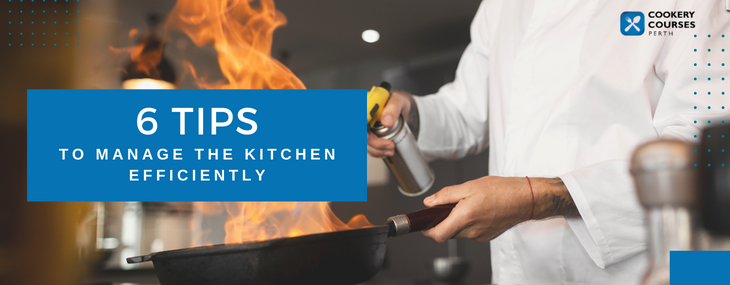
6 Tips to Manage the Restaurant Kitchen Efficientl
Feb 06, 2024

Top Soft Skills Seeks In 2024 By Employers
Jan 15, 2024
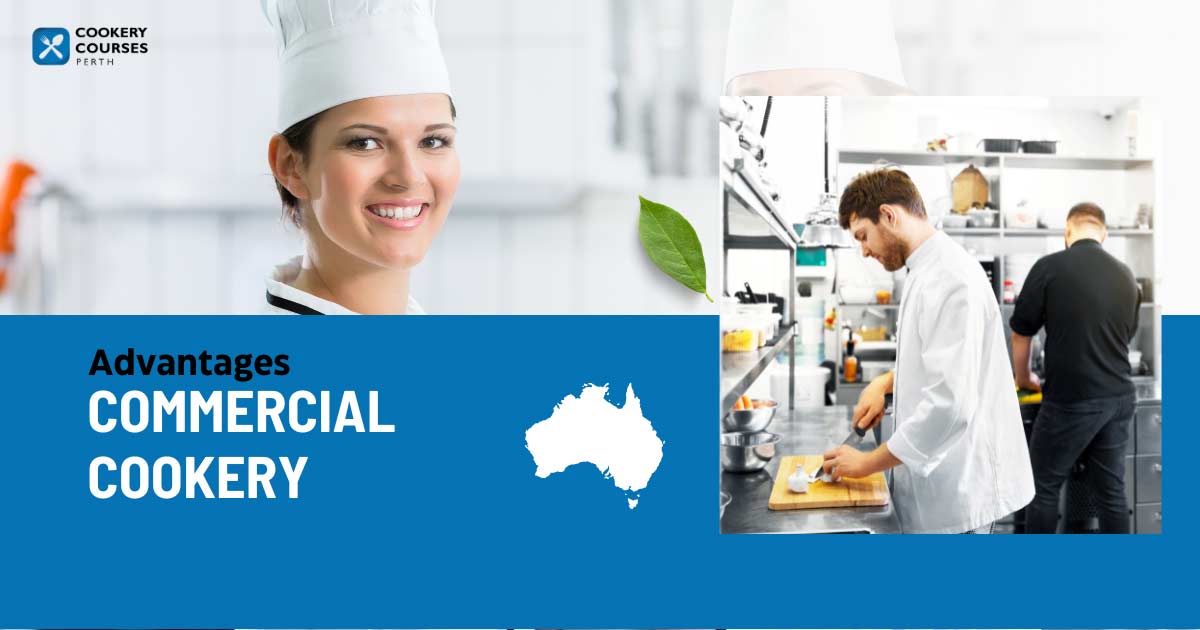
Advantages of a Commercial Cookery Certification
Dec 12, 2023
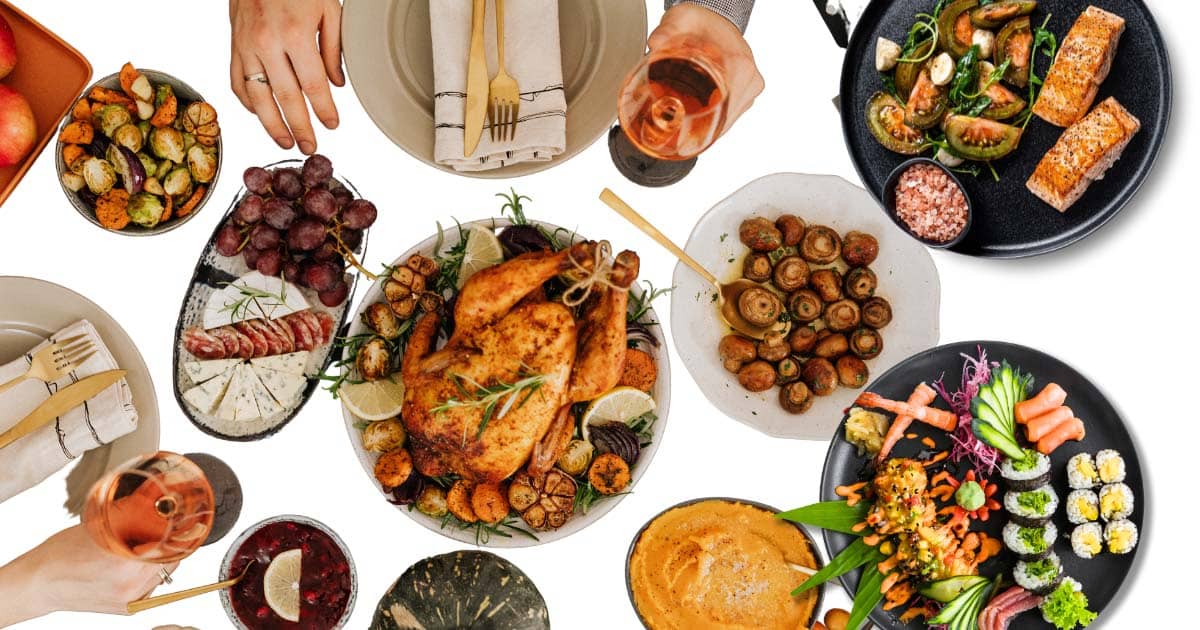
Nov 21, 2023

Transform Your Passion for Baking into a Flourishi
Nov 17, 2023

Distinguishing the Roles: Chef vs. Kitchen Manager
Sep 18, 2023

Starting a Food Business in Australia – Hire
Sep 04, 2023
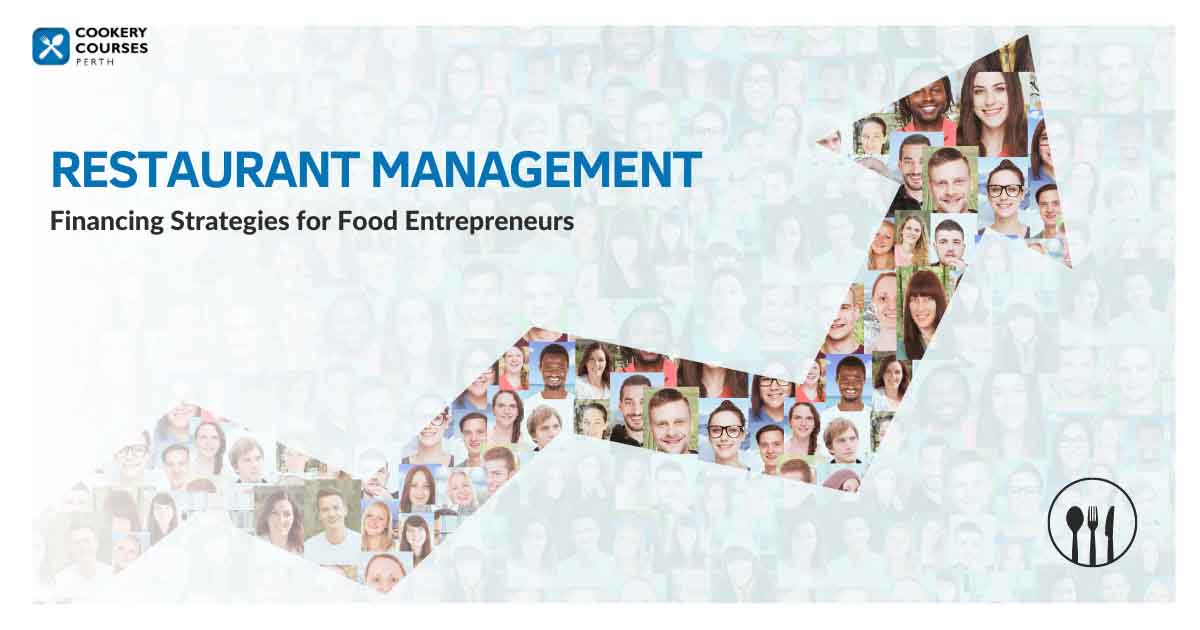
Financing Strategies for Food Entrepreneurs : Navi
Aug 22, 2023
CONTACT US
We are always happy to help out whatever way we can
